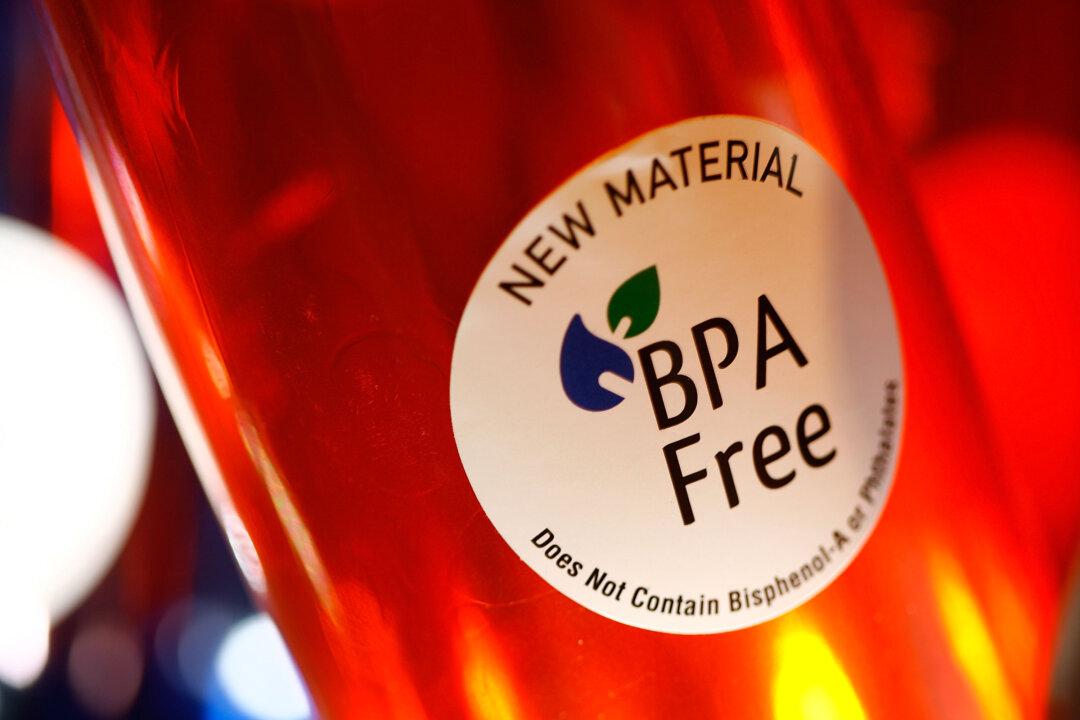A naturalized U.S. citizen from China has been charged with stealing trade secrets valued at roughly $119.6 million from American companies, for the purpose of setting up a Chinese company that would manufacture the involved product for the global market.
According to federal prosecutors, while You Xiaorong—also known as Shannon You—was working at two U.S. companies, she stole trade secrets related to BPA-free (bisphenol-A) coating technology, which lines the insides of cans and other food and beverage containers to prevent flavor loss, corrosion, and reactions to the food or beverage content.





